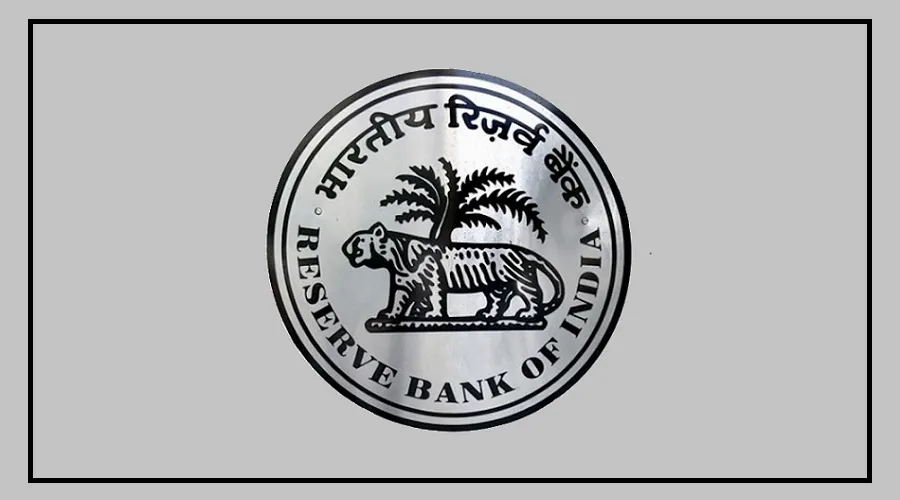Earlier, banks used to check a customer’s CIBIL score without informing them.
But now, according to the latest RBI rules, if a bank, NBFC, or credit information company checks your CIBIL report, they must notify you through email or SMS.
If your loan or credit request is denied, the bank or NBFC must clearly explain why.
In the past, many applications were rejected without any reason, but now banks are required to tell you the exact cause. This helps customers understand what went wrong and take steps to fix it.
RBI has also directed all credit institutions to send a monthly report listing the reasons for rejecting applications.
Free Credit Report and Defaulter Notification
As per the new rules, every customer can get one free full credit report every year. This report is usually available through a link on the credit institution’s website.
It helps customers keep track of their credit status and make informed financial decisions.
Before a bank labels someone as a defaulter, it must inform the customer first. Banks can also assign special officers to handle issues related to CIBIL, and all customer complaints must be addressed properly.
Complaint Resolution and Penalties
If a customer faces any issue with their CIBIL score, the bank or credit bureau must resolve it quickly.
Banks have up to 21 days to respond or forward the issue to the credit bureau.
Once the bureau receives the complaint, it has 9 days to fix the problem. If there is a delay, a penalty of ₹100 per day will be charged.
Additionally, all banks, NBFCs, and credit bureaus must publish the number of complaints received and resolved on their websites.
If they fail to do this or ignore complaints, the RBI will take strict action against them.























